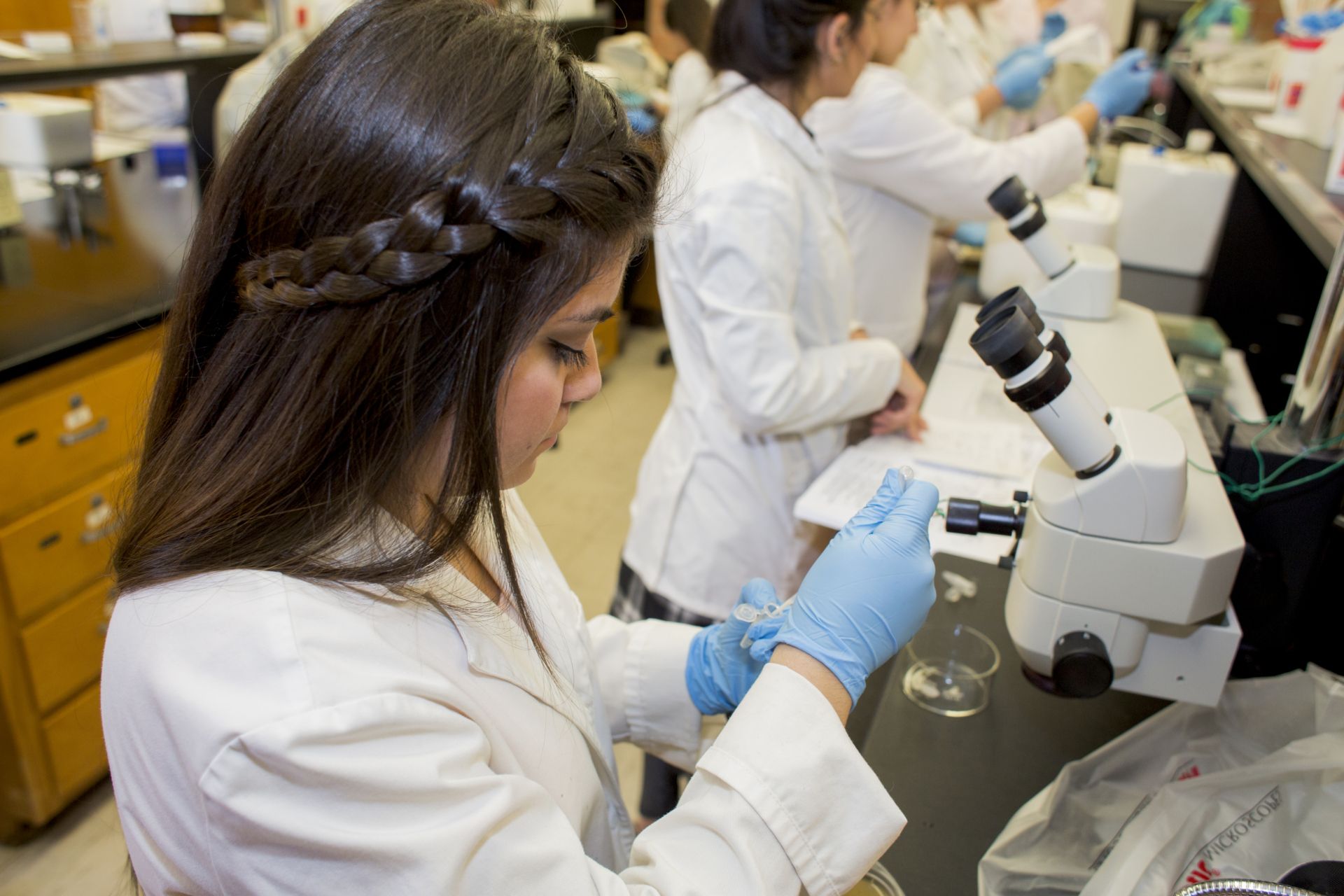University of La Verne Receives Grant Funds for Hispanic STEM Success

The University of La Verne has been selected to receive a Hispanic-Serving Institutions STEM Program grant by the U.S. Department of Education. The grant is in the amount of $999,901 for the first yearly budget period, which begins October 1. It is anticipated that the grant will be renewed for a total of five years. This is the second Title III grant that the University of La Verne has received.
The purpose of the Department of Education’s Hispanic-Serving Institutions (HSI) STEM Program is to develop and carry out activities to improve and expand capacity to serve Hispanic and other low-income students. Increasing degree completion in STEM majors—science, technology, engineering, and math–is a top priority for both the University of La Verne and its regional stakeholders. The university’s student body in 2020-21 included 56.7% of students who identify as Hispanic/Latinx, 50% low income, and 44% who are first generation in college.
Through this new Title III grant, the university will embrace its identity as a Hispanic-Serving Institution by fostering an institution-wide commitment to providing a high quality, equity-minded learning environment in three domains: Access, Achievement, and Institutional Infrastructure and Capacity.
Students throughout the university will benefit from a STEM Hub that the new grant will make possible. Aracely Torres, director of the Title III grant and first-generation and peer mentoring at the university, says it will be a place “where they can access up-to-date technology and find community.”
The grant will also help the university enhance student success in STEM from the start by building a holistic orientation process that will begin while students are still in high school or community college, connecting them to opportunities to learn about STEM careers. It will also include parents and guardians as partners in their student’s college experience. Additionally, it will help faculty develop skills for culturally sustaining teaching.
“What this means in practical terms is that not only will we improve the classroom climate and success for STEM students through faculty and curriculum development, but we will also strengthen our evidence-based offerings that promote student retention, persistence, and success,” says Christine Broussard, professor of biology. She expects the grant to make possible more course-based undergraduate research experiences, internships, and apprenticeships.
“Faculty are at the heart of any academic endeavor, and they play a key role in and out of the classroom whether specifically in STEM or across all disciplines,” said Shannon Mathews, dean of the College of Arts and Sciences. In carrying out the Title III grant initiatives, “they will be involved not only in implementation of strategies but a part of the decision making as the grant affords us opportunity to serve our students in new ways.”


